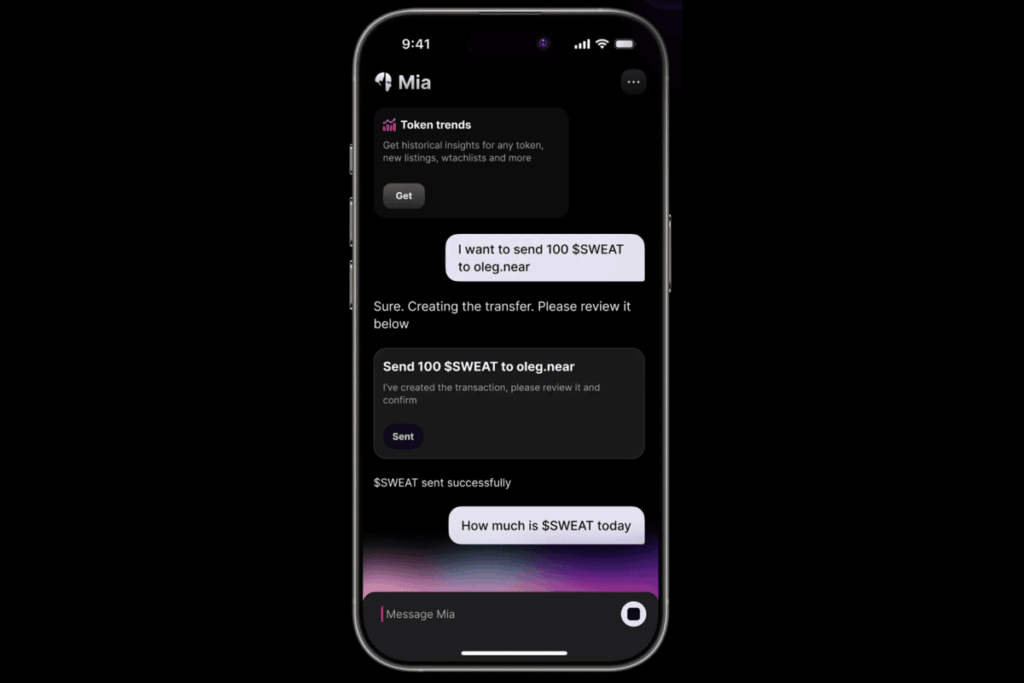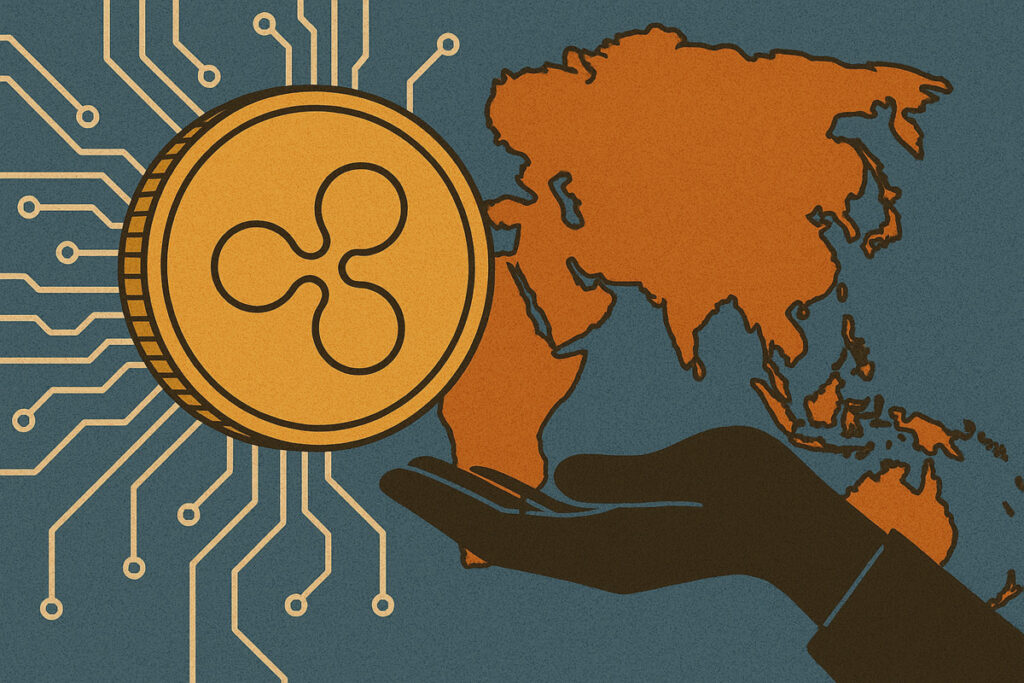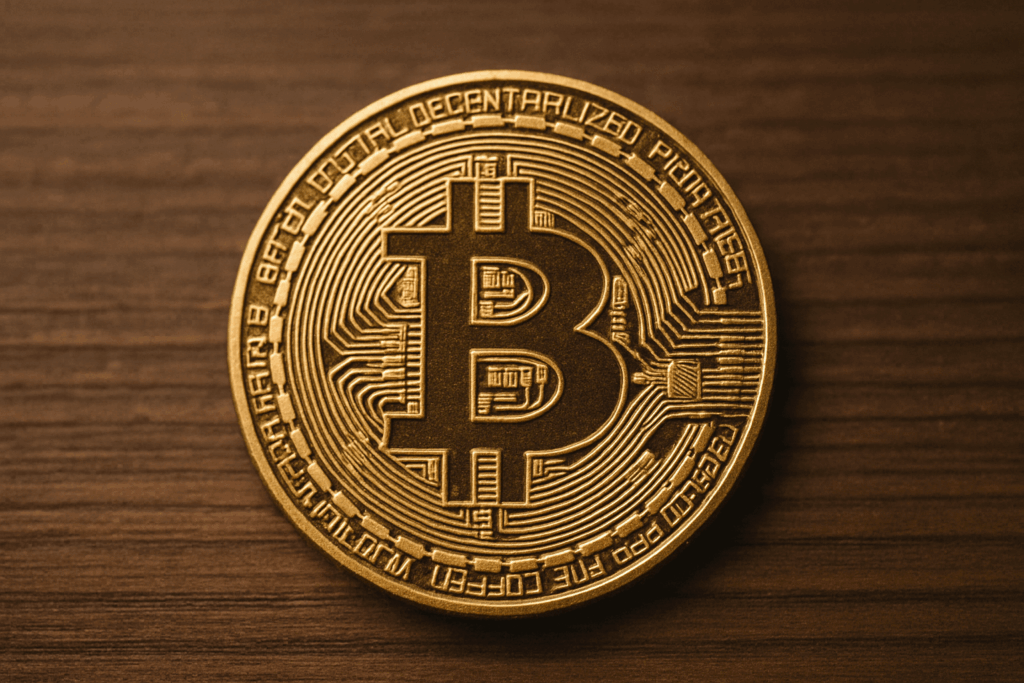- South Korea halts the second phase of its CBDC pilot amid shifting political priorities and reassessment by the central bank.
-
President Lee Jae-myung proposes broader stablecoin issuance with looser regulatory thresholds.
-
Crypto adoption soars in South Korea, with digital assets forming a significant portion of household wealth.
South Korea has paused the rollout of the next phase of its central bank digital currency (CBDC) pilot, signaling a shift in focus as stablecoins gain fresh political momentum. The Bank of Korea (BOK) notified participating banks that discussions around the second stage of its digital won initiative would be temporarily suspended.
The decision, confirmed by a BOK official, reflects a reassessment of priorities in light of changing national policy. Originally expected to launch later this year, the next phase of testing is now on hold without a confirmed timeline.
This development coincides with newly elected President Lee Jae-myung’s push to expand access to stablecoins. His administration has proposed lowering the regulatory threshold for issuers, allowing firms with equity as low as 500 million won (approximately $370,000) to create won-backed tokens.
Newsletter
Get weekly updates on the newest crypto stories, case studies and tips right in your mailbox.
The policy shift reflects a broader strategic vision in which stablecoins are poised to become a cornerstone of South Korea’s digital asset ecosystem.
While the president promotes accessibility, central bank officials urge caution. Senior Deputy Governor Ryoo Sang-dai emphasized a need for a gradual rollout led by banks, with strong consumer safeguards and mechanisms to mitigate financial instability.
Crypto becomes mainstream in Korean households
Despite regulatory hesitation, South Korea remains one of the world’s most vibrant cryptocurrency markets. More than a third of the population, roughly 18 million people have traded digital assets. Trading volumes on domestic crypto exchanges have, at times, surpassed those on the nation’s major stock indices, including the Kospi and Kosdaq.
A recent survey revealed that over half of South Koreans aged 20 to 59 have experience with crypto trading, and one in four actively hold digital assets. For these investors, crypto now represents at least 14% of their financial portfolios, often spread across multiple domestic exchanges.
Investor enthusiasm has also buoyed related stocks. Kakao Pay shares more than doubled this month, while LG CNS rose nearly 70% before retreating slightly.










